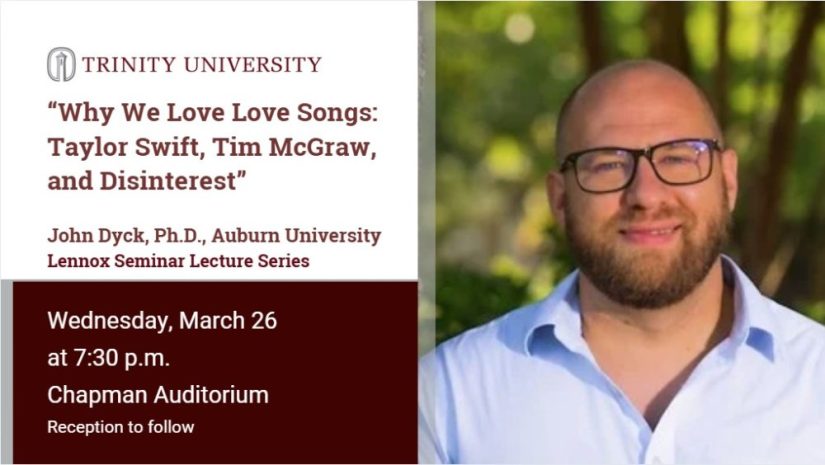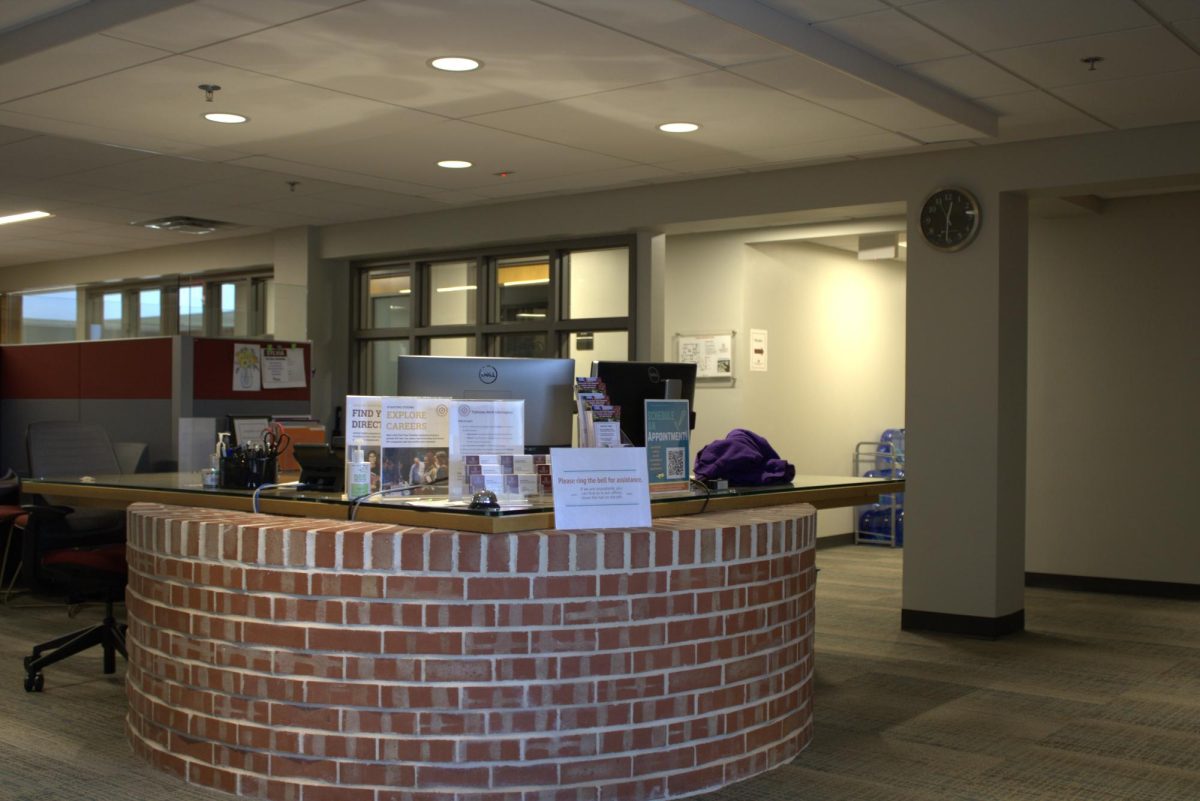Faysal Al-Zand:
While Trinity’s residency requirement eases the transition of new students into the Trinity community, three years is longer than what most students need. The requirement mandates that students reside on campus for at least three years before graduation in order to adhere to Trinity’s mission of being a residential campus on top of a “transformational liberal arts and sciences university with selected professional and pre-professional programs.” The word “transformational” here serves as a catch-all, with the implication being that the three-year residency somehow plays a part in facilitating the transformation students will experience at Trinity.
The question of why this transformation requires students to live for three years on campus, as opposed to one or two, is left unanswered. Setting aside its crucial role in university funding, which is undoubtedly the primary rationale for the requirement, there isn’t a compelling argument favoring a three-year residency requirement over solely a first-year residency requirement, especially as it relates to the quality of life and financial well-being of students.
With the proposed first-year residency alternative, students would still be able to live on campus all four years if they choose to do so. The only difference is that students would have the option to live off campus starting their sophomore year. This would have the largest impact on lower-income families and those whose parents/guardians live in the San Antonio area, giving students an option to live with them and save thousands of dollars. Additionally, students would have the option to lease or sub-lease off-campus properties at an earlier age, allowing them to further develop essential real-world skills like self-sustainability and financial responsibility before graduation. Lastly, living off campus can allow students to break free from the university bubble and engage with local San Antonio communities, offering a more well-rounded and well-adjusted college experience. This can also ease the transition to life post-graduation, as students have already established valuable off-campus connections.
For those who contend that living off-campus necessitates a car, it’s worth noting that many off-campus students, myself included, along with two of my housemates, choose to walk or bike for transportation, especially considering our close proximity to Trinity. While having a car can undoubtedly enhance the convenience of off-campus life, it isn’t always a necessity, nor is it the most cost-efficient option. For individuals who do have cars and reside on campus, Trinity provides a self-contained environment that caters to all their needs, potentially diminishing their motivation to explore other areas of the city. Providing an option to live off campus for more than one year means that students can further immerse themselves in the San Antonio culture and gain valuable life skills in preparation for life after college.
Diya Contractor
I’m a sophomore here at Trinity, and therefore my time here has been blessed by not experiencing the chaos that COVID caused on campus — but the same cannot be said for most upperclassmen on campus. The lockdown was a necessary measure to reduce the spread of the disease, but it accelerated adolescent “brain aging”; internally, we aged an average of three years in ten months. With the upheaval caused by COVID, the stability offered by Trinity’s residency requirement provided a buffer while we readjusted to our new reality. For three years on campus, our needs are accounted for, and we have a supportive community to fall back on.
Living on your own — or with a group of friends in the same boat as you — means that there will be situations that some of us are not equipped to handle. Worrying about rent, bills, leases and uncooperative landlords are problems that we have the rest of our lives to deal with and better understand. So why should we start now? Our dorms are far from perfect, but we can rest peacefully knowing that we don’t need to worry about paying for utilities. The collegiate journey isn’t meant to be burdened solely with adjusting to adult life — our true adulthood doesn’t begin until we’re ready for it.
College is definitely a time for developing real-world skills such as self-sustainability and financial responsibility, but that can be done in more ways than the opposing contention suggests. There is so much more to life after college besides understanding how to lease an off-campus property: preparing for a career, navigating complicated relationships and learning how to look after cats are also important facets of life that are often overlooked when considering what constitutes “real-world skills.” Trinity’s reasoning behind the three-year residency reflects this by highlighting the importance of understanding the bigger picture of independence.
This is not to say that off-campus life isn’t something that should be explored, and that’s why Trinity leaves the decision for students to choose where they stay during their senior year; although, Trinity’s website notes that many senior students still choose to reside on campus. This is often credited to the university’s bubble, a phenomenon that describes the ease of life on a campus that provides all the necessary essentials, which arguably derails students from exploring the greater San Antonio area. This may be true to an extent, but a large reason why students aren’t able to discover the San Antonio area is because many of them don’t own cars — and living off campus isn’t going to change the fact that this city is inherently un-walkable. As such, while it might be easier for some to allege that students who live near Trinity can “walk or bike,” not all of us are male powerlifters, and as San Antonio is one of the three areas in Texas with the highest human trafficking rates, that danger just isn’t worth it.






